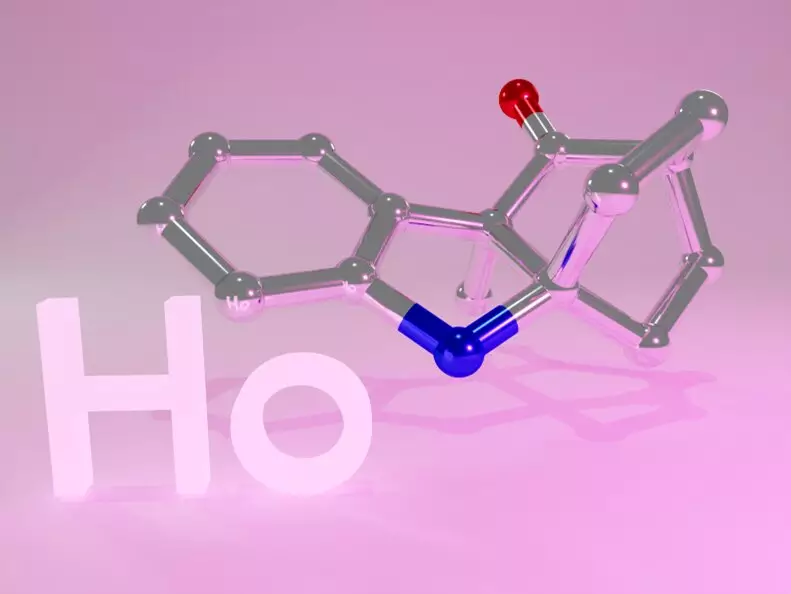Hydrocarbazole is a crucial compound in organic chemistry, serving as a building block for various biologically active compounds, including pesticides such as strychnine and anticancer drugs such as vinblastine and minovincine. Consequently, the development of synthesis methods for these compounds is a crucial research topic that has garnered significant interest in pharmacological research.
A research team led by Associate Professor Shinji Harada from the Institute for Advanced Academic Research and the Graduate School of Pharmaceutical Sciences at Chiba University in Japan has made a recent breakthrough in the synthesis of hydrocarbazole compounds. Their innovative approach involved the use of organic compounds called indole-incorporated siloxydienes and original rare earth catalysts. This new technique has the potential to pave the way for sustainable chemical processes in the pharmaceutical industry.
Challenges and Solutions
Despite the progress made by Dr. Harada and his team, there are still challenges to overcome in terms of the generality of substrates and catalyst reactivity. One of the key challenges lies in the reactivity of siloxydiene substrates containing a substituent at the second carbon (C2) position of the indole ring. To address this issue, the researchers developed a new lanthanide-based catalyst that significantly improved both the yield and enantioselectivity of the desired hydrocarbazole compounds.
The results of this research have the potential to accelerate the development of new drugs with therapeutic properties. By synthesizing complex hydrocarbazole compounds with high purity and enantioselectivity, Dr. Harada and his team are contributing to a sustainable chemical and pharmaceutical industry on a global scale. This research has the potential to improve people’s health and quality of life by providing access to new and innovative medications.
The development of synthesis methods for hydrocarbazole compounds represents a significant advancement in organic chemistry research. The innovative approach taken by Dr. Harada and his team has the potential to revolutionize drug development and improve the lives of individuals around the world. By continuing to explore new techniques and catalysts, researchers can further enhance the efficiency and sustainability of chemical processes in the pharmaceutical industry.


Leave a Reply